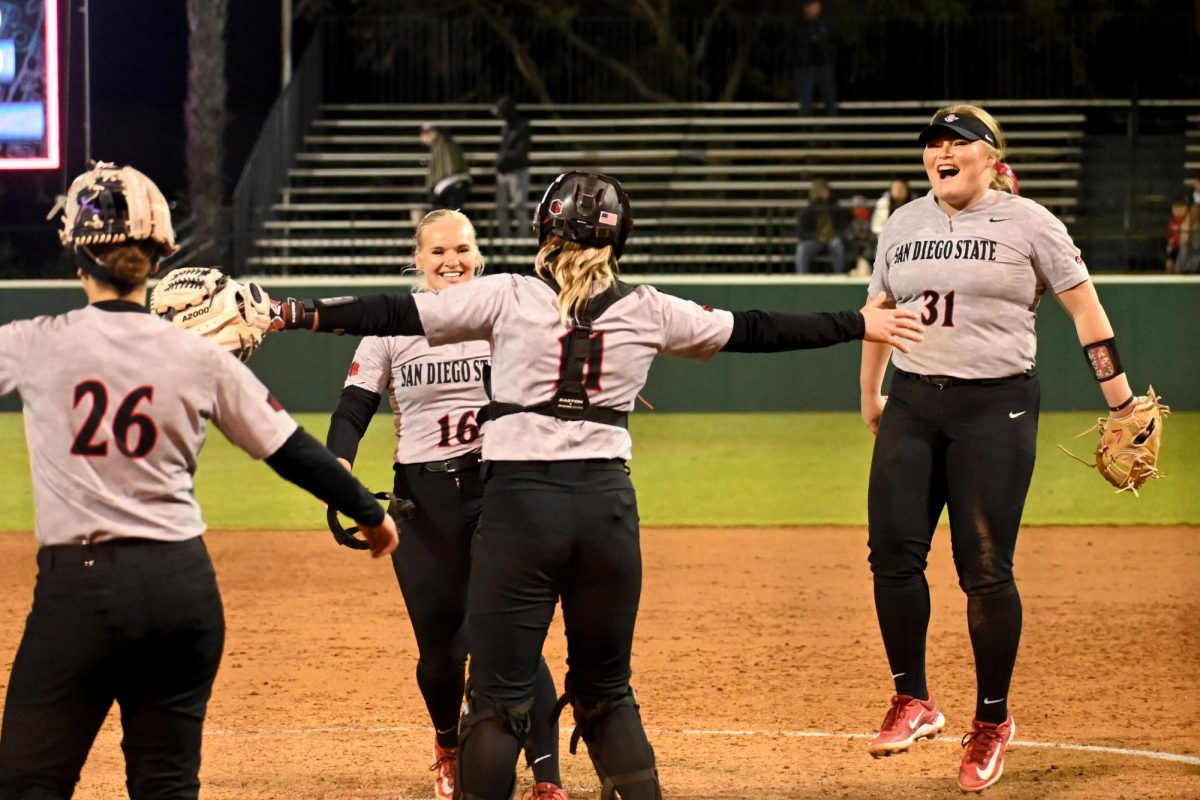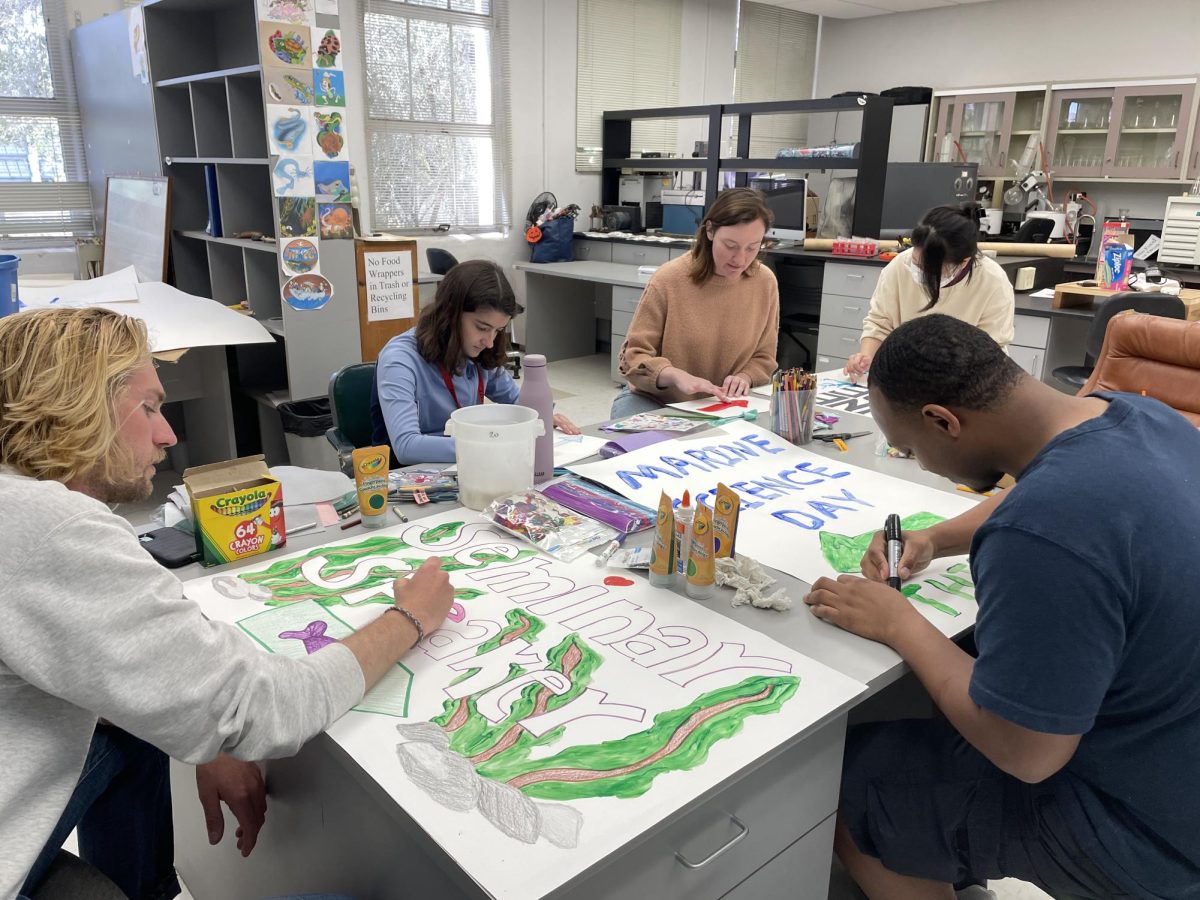
On Feb. 25, San Diego State junior and sociology major Victoria Starek was in her apartment with the television on in her roommate’s room when she heard about the first cases of coronavirus in Switzerland and Barcelona.
Starek was staying in Florence, Italy, as a study abroad student through the Academic Programs International program. She was taking two electives, a major elective and a GE humanities class, at Lorenzo de’Medici.
Although she heard about the cases of coronavirus across Europe, it wasn’t until March 2 when she received an email from SDSU Interim Associate Vice President for Global Affairs Cristina Alfaro, notifying her to return back to the United States within five days.
Starek and her roommates said they were worried because they had been receiving emails from the embassy in Rome detailing numerous cases in Milan, Venice and across Northern Italy.
Despite traveling to Rome earlier in her stay, where there were two reported cases, Starek said she was initially reassured about her fears regarding the virus since she was studying in Florence — away from other Italian cities that had reported cases.
But things turned for the worse as additional coronavirus cases emerged across the globe.
“They sent emails saying, ‘Avoid going to those areas,’ and we were just freaking out,” she said. “We were texting our parents and it actually happened so quickly. I feel like, looking back it felt like this was going on for weeks, but it literally happened so fast.”
Study abroad programs in Italy were soon called off, and SDSU students in the country quickly returned to the United States.
South Korea, another country that was declared a warning level three, was closed off for any study abroad programs for students at SDSU on Feb. 27, according to a campus-wide email.
Junior communications major Kathryn Doxtader was planning to study in South Korea at Chungang University in Seoul before the university announced the cancelation of the program.
Doxtader said she was upset when she found out she was not going to travel to South Korea. Despite having her tuition payment covered with financial aid, Doxtader had to pay for housing as well as other expenses, such as her flight, which was partially refunded.
“I mentally had been prepared for going abroad and studying abroad for a couple of years now,” Doxtader said. “I was working multiple jobs to save up for it … I was also holding out hope because the situation was getting progressively worse and I was hoping that they wouldn’t cancel it.”
Starek said she had personally emailed SDSU, as well as the Study Abroad office and the Vice President of Global Affairs with concerns about her credits. However, the university never returned her email.
She also said despite understanding SDSU is being flooded with emails from panicked study abroad students, it would have been nice to get a response from the school.
“To me, SDSU has been really helpful in this situation, as well as the study abroad office,” junior, political science and urban studies Sophie Emerson said. “The emails were really communicative. They were trying to be really empathetic. I have more faith in SDSU than I’ve ever had before as a student. I don’t know what’s happening at all but I feel like they have everything under control or at least they’re acting like it, just from how their emails are.”
The API suspended all of its spring 2020 programs in Florence, Rome, Taormina and Tuscania at the end of February. Housing and tuition are non-refundable by API partners, according to API’s Associate VP of Health, Safety and Student Wellness Carolyn Lutes.
San Diego State has since decided to suspend all of its spring break and summer study abroad programs, according to a campus-wide email sent by President Adela de la Torre on March 9.









